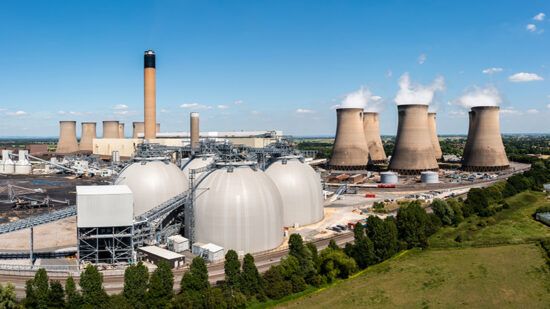The rise in ESG investment represents a clear desire to allocate capital to the industries creating a more sustainable world, and private investors are coming along for the ride too.
Portfolios have changed over the past few years with investors realising they can make a positive impact with their savings and pensions and increasing allocations to sustainable themes such as renewable energy.
The pandemic has brought to light the importance of investing in companies with sustainable – and therefore resilient business models – while extreme weather events and evidence of climate change has made decarbonising the economy even more pertinent.
But as private investors flock to ESG funds, their concerns over ‘greenwashing’ are rising as fast as the assets in these strategies.
Investors are rightly concerned about transparency with regards to how their capital is being allocated, and whether it is reaching greener industries.
Concerns also arise from the fact that some private investors relatively new to this area of the investment industry can find it tricky to marry the three distinct E, S and G concepts together and the differing labels that can be applied to them, while the sustainability metrics that different providers use can leave many investors scratching their heads. Furthermore, the European Securities and Markets Authority (ESMA) highlighted the market for ESG ratings and other assessment tools is currently unregulated and unsupervised.
Investors can also have very different aims with their portfolios – the goals of an ethical investor compared to a sustainable investor can look very different, for example – so it comes to back to understanding what’s under the bonnet of the fund.
In this sense, it has been said an active strategy arguably has greater weight than the passive choice as the manager can engage with companies and ultimately sell the stock if it isn’t up to scratch, whereas a tracker fund, by definition, must own every company in its index, which could contain companies that fall short from an ESG standpoint. However, there are many ETF products being launched with bespoke benchmarks to navigate these pitfalls.
Private investors are looking to the upcoming COP26 summit in Glasgow for greater clarity on how businesses and investors can tackle the issues. It has been well documented, but it is worth flagging again that over the next three decades, the total required investment in the energy sector alone will be $3.5tn (£2.5tn) per year, with $50bn to $135bn needed in carbon capture and biofuel technology, as highlighted by former Bank of England governor and UN special envoy on climate action and finance Mark Carney.
The investment industry has a clear role to play here. But if investors feel their ESG funds are not delivering on promises and COP26 fails outline clear investment plans on tackling the issues, their morals may take them elsewhere.
Rory Palmer is editor of ESG Clarity sister title What Investment








